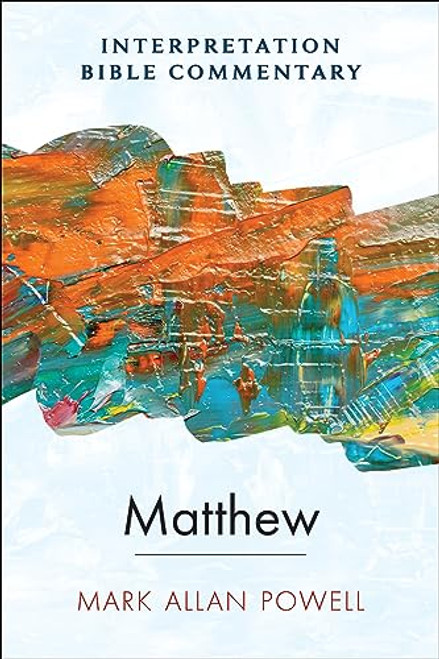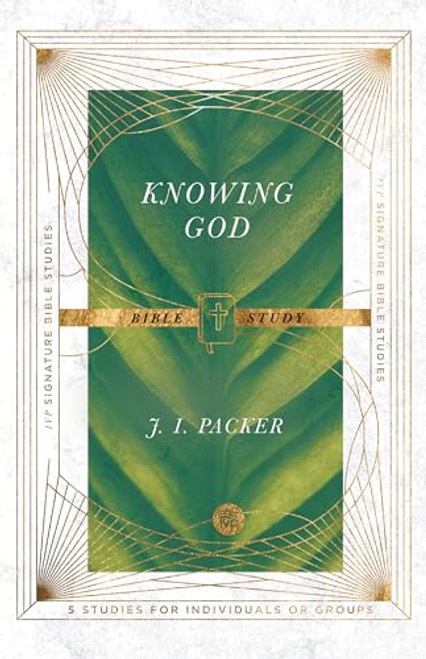A new interpretation of the Bible reveals the oldest secret in history. If you read the Bible literally, everything becomes understandable and plain because the biblical authors did not feel the need, as we do, to advocate for a precise monotheistic theological perspective or a moral authority of religious order. Through the pages of this book God will show himself in a light entirely unsuspected to most readers. The final portrait that will emerge will reveal the image of a character very different from what many of our readers are accustomed to. The Bible, falsifications and mistranslations From the necessity of harmonizing the biblical text with the theological and monotheistic conception of God of Western culture arises a whole series of falsifications and mistranslations, in view of which that first innocent printing typo I had discovered twenty-five years ago really seems like a speck in the eye of the brother. Instead, here we talk about massive logs that have remained in our eyes for hundreds and thousands of years, so long that we even ignore our blindness. God or Gods? In this book, I focus on the identity and character of Yahweh and the meaning of the term Elohim. When we read the term God in the Bible, this usually comes from the Hebrew term Elohim. However, at least when I worked for Edizioni San Paolo, the term Elohim was left untranslated into the interlinear edition of the Bible that we prepared for scholars and academia. In the Bibles available to the public, the same term was translated as God. Therefore, where people read God and believe that the biblical authors wrote the equivalent of the word God, scholars read the term Elohim. This was to alert them that this word is problematic, to say the least, for the unbiased translator. "My reading will result in most passages being unorthodox to a religious perspective. Some would say even heretical. For this reason, for all passages that indicate an unconventional, unexpected, and non-heterodox reading, we reproduce the original Hebrew text with the literal translation verbatim, word for word.
Gods of the Bible: A New Interpretation of the Bible Reveals the Oldest Secret in History
Tuthi
$25.80 - $29.10
- UPC:
- 9788894611755
- Maximum Purchase:
- 2 units
- Binding:
- Paperback
- Publication Date:
- 3/28/2023
- Author:
- Biglino, Mauro
- Language:
- English: Published; English: Original Language; English
- Pages:
- 329











